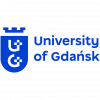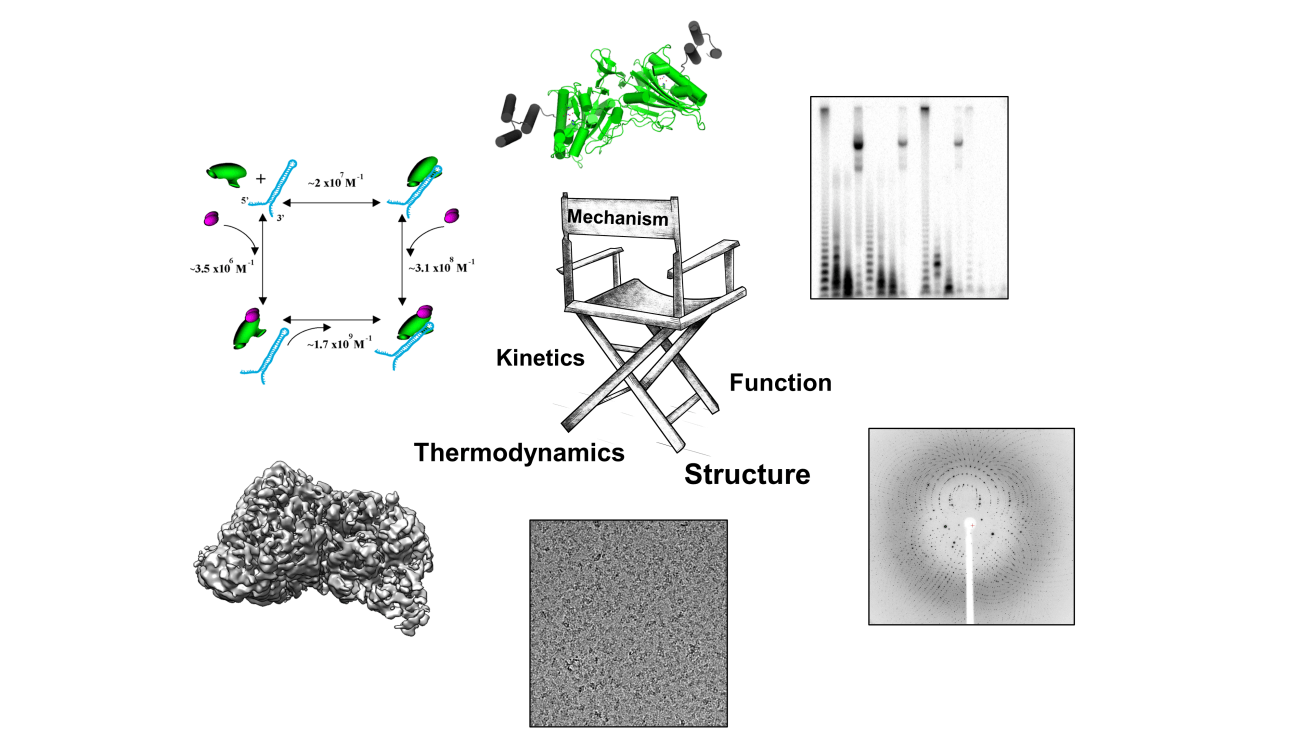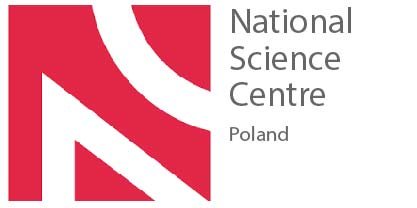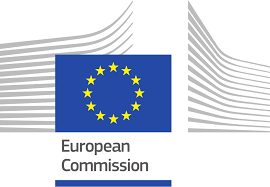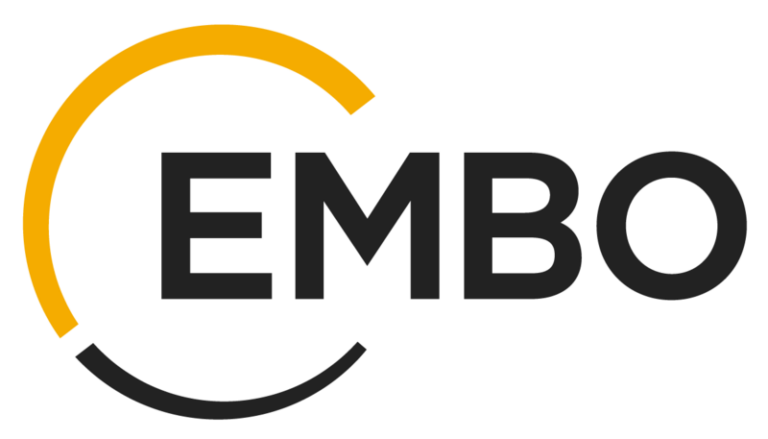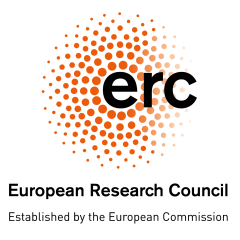We aim to understand the basic principles underlying the assembly of multi-protein macromolecular machines involved in nucleic acid metabolism, characterize their structure and function to gain insight into their mechanism of action.
We combine structural biology (X-ray crystallography and cryo-electron microscopy), molecular biology, protein biochemistry as well as thermodynamic and kinetic approaches to understand at the molecular level the function of large macromolecular machines.
We are currently investigating several large macromolecular machines. For example, we aim to understand the assembly, structure and function of MitoRepairosome, a multi-protein DNA repair toolkit from human mitochondria. In another project we aim to target enzymes responsible for mitochondrial DNA repair with small molecule inhibitors to modulate their activity. We are also interested in mitochondrial replisome, multi-protein macromolecular machine responsible for human mitochondrial DNA replication and the primosome, DNA replication restart machinery from E. coli.
Toxin-Antitoxin – Grzegorz Grabe Project
In our research group, we investigate the intricate world of bacterial toxin-antitoxin (TA) modules—compact operons crucial for bacterial survival in stressful environments such as phage infection, antibiotic exposure, or macrophage uptake. These modules encode a toxin that disrupts vital cellular processes and an antitoxin that specifically counteracts the toxin’s effects. The antitoxin, in addition to neutralizing the toxin, often serves as a repressor for the TA promoter by binding to the upstream operator sequence. Teaming up with Magdalena Sroka, our focus lies on unraveling the evolutionary dynamics of toxin-antitoxin interfaces. Simultaneously, we aim to dissect the structural and molecular mechanisms governing the transcriptional activation of TA systems

